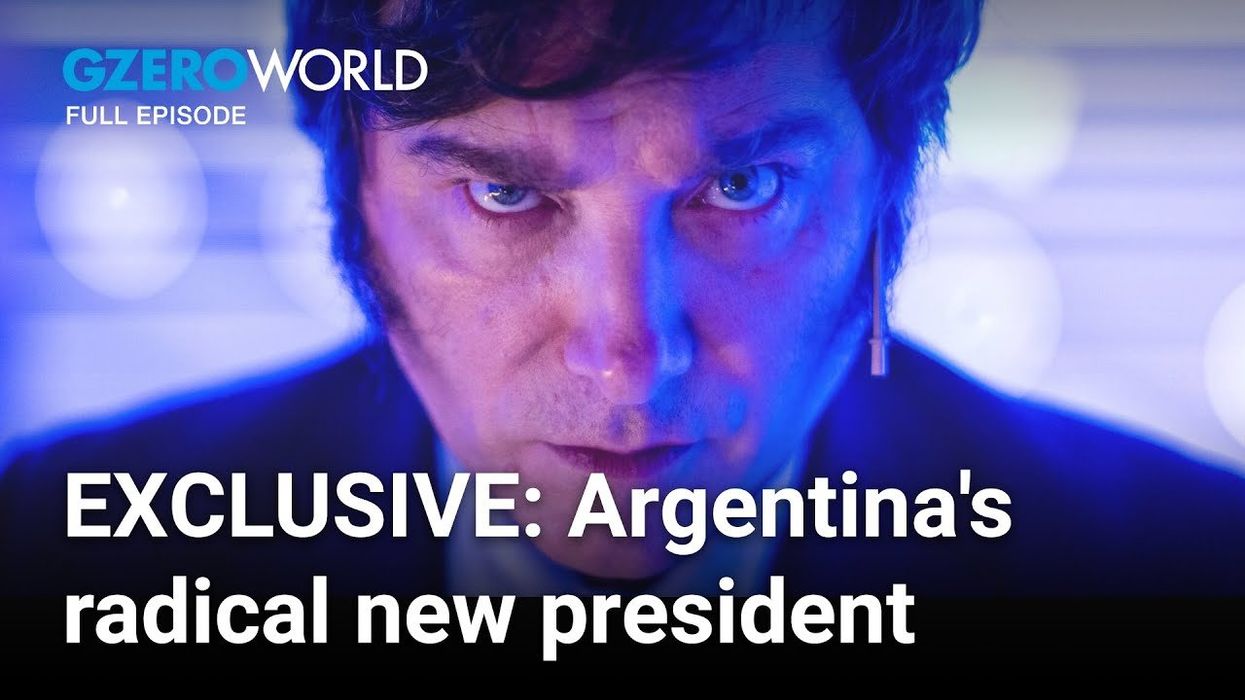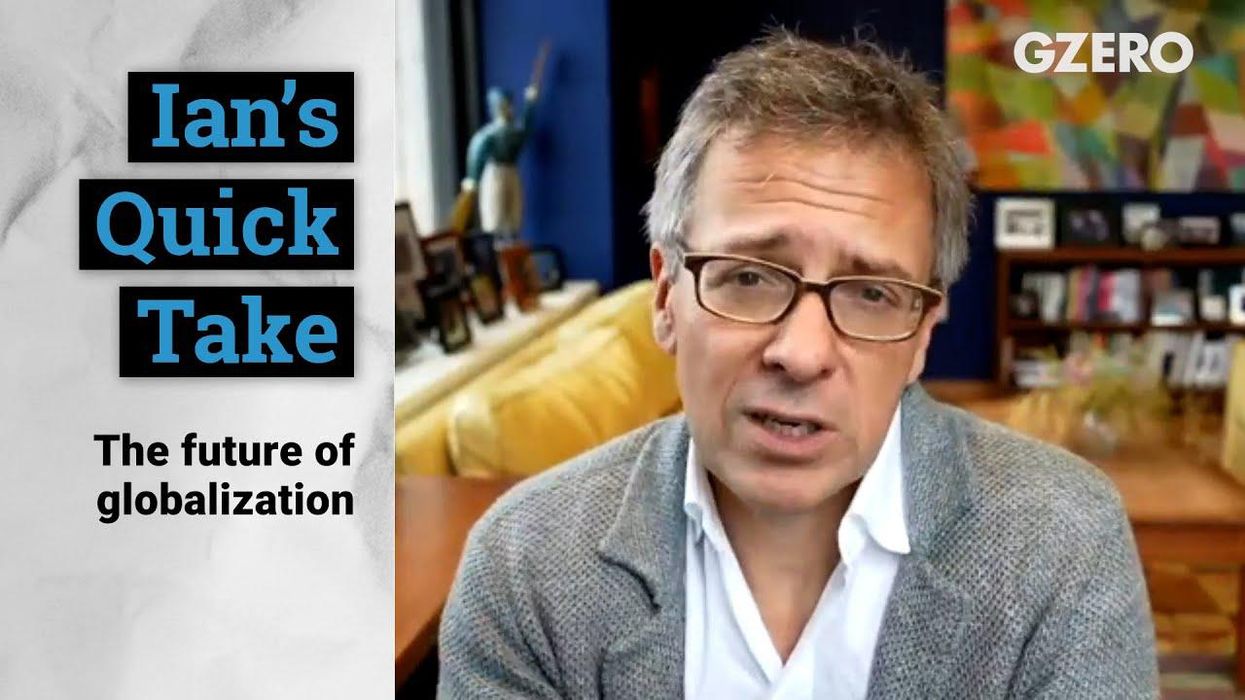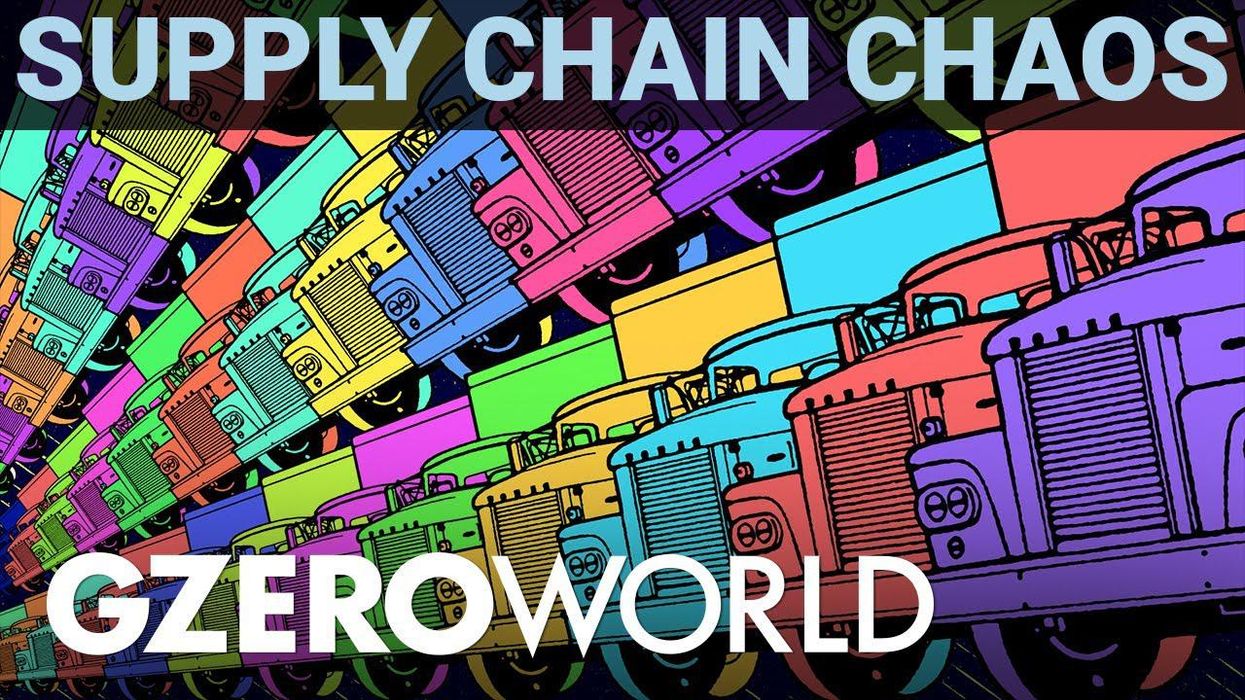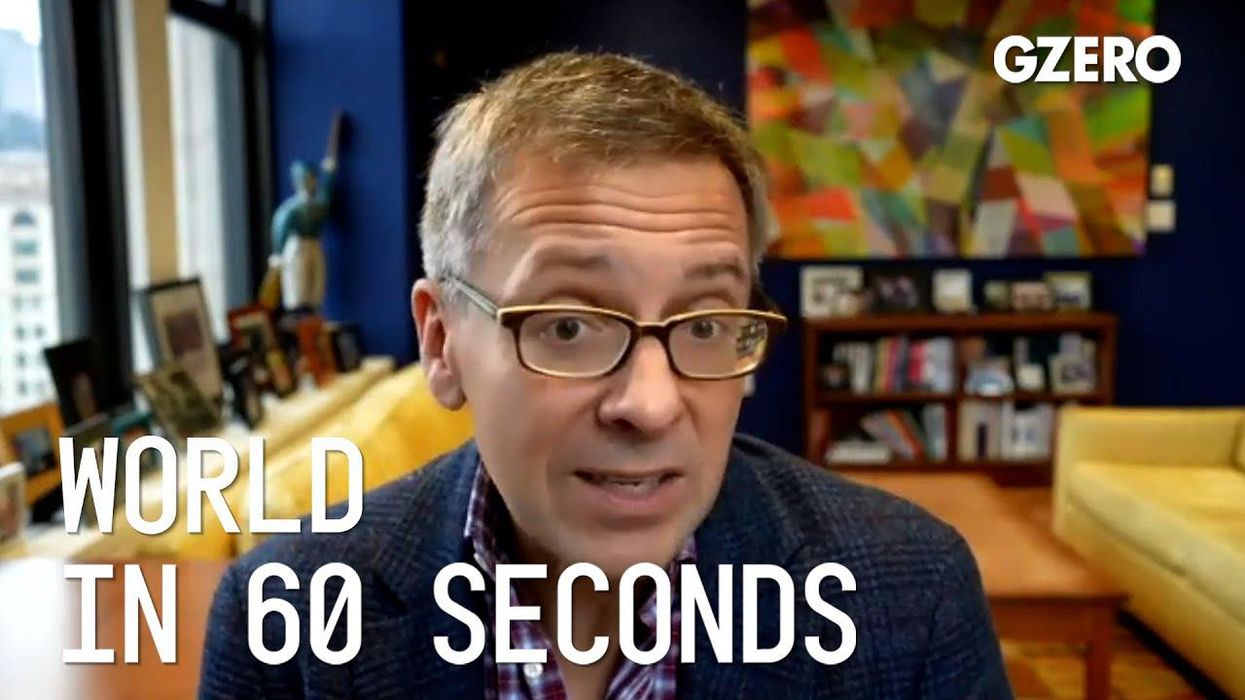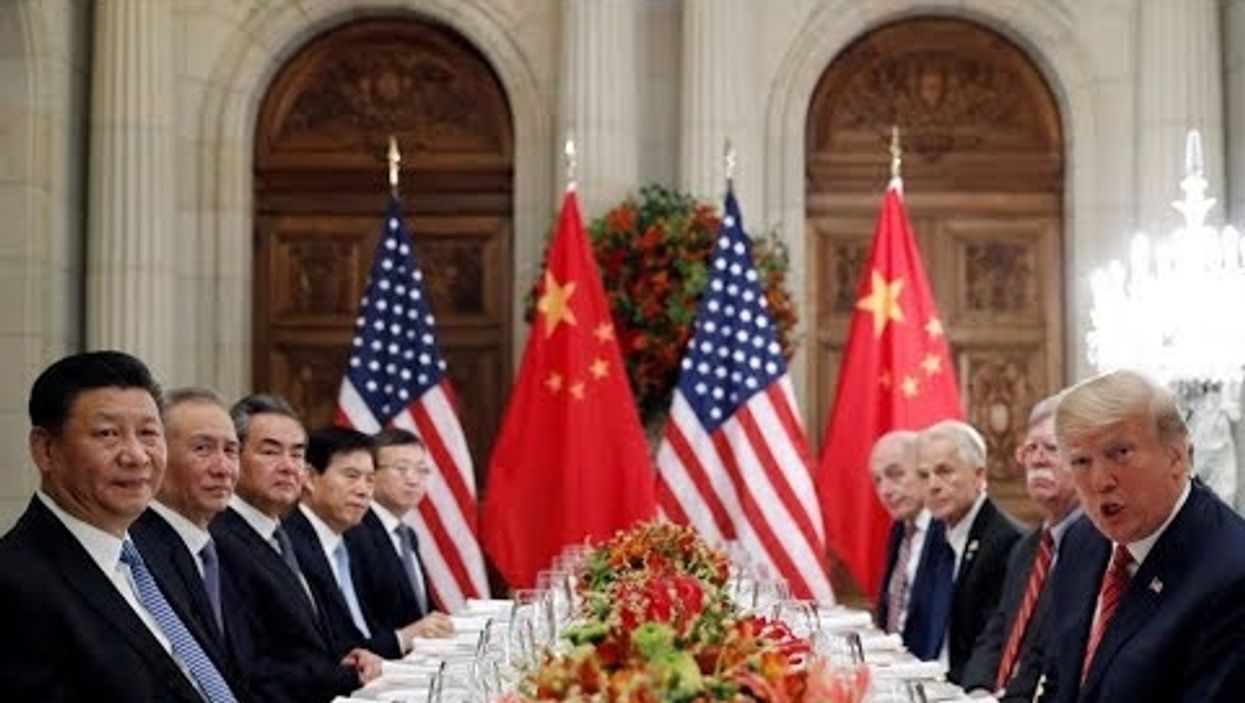GZERO World with Ian Bremmer
Argentina's radical new president, Javier Milei (Exclusive interview)
In an exclusive interview with Ian Bremmer for the latest episode of GZERO World, Argentine President Javier Milei defends his radical approach to saving Argentina’s struggling economy, his commitment to aligning with liberal democracies, and his pragmatic stance on international trade and alliances.
Aug 03, 2024
